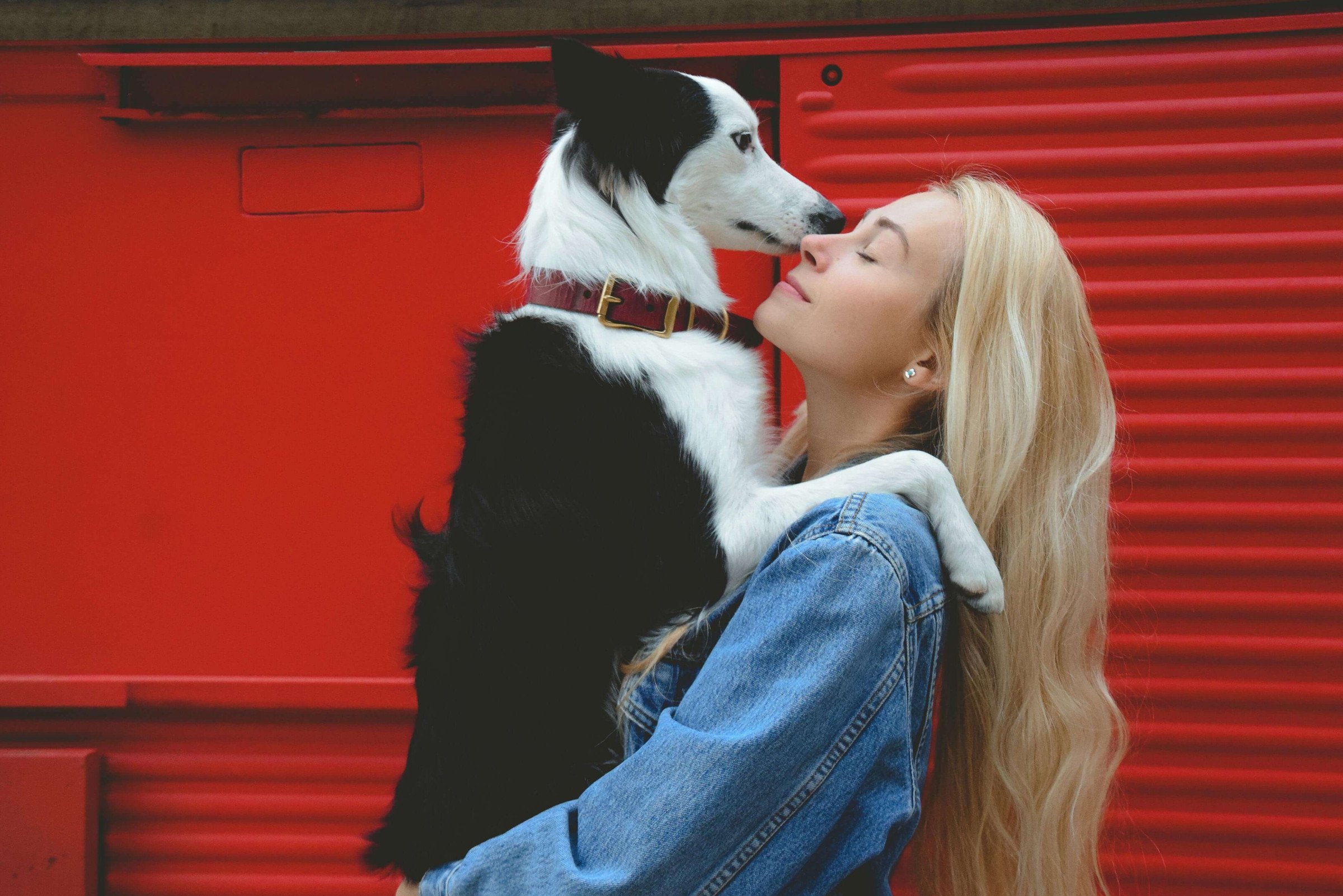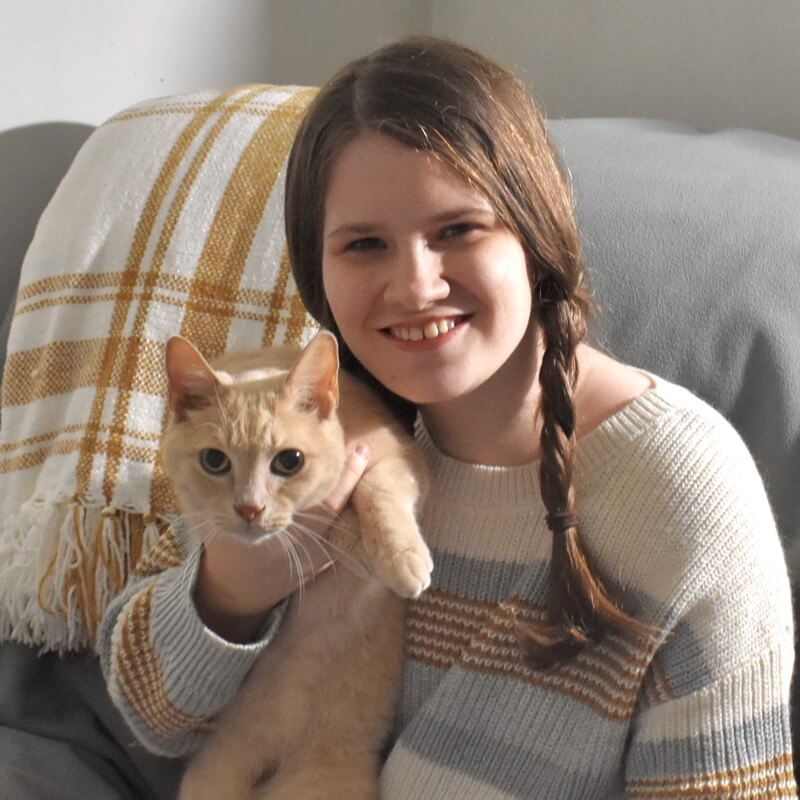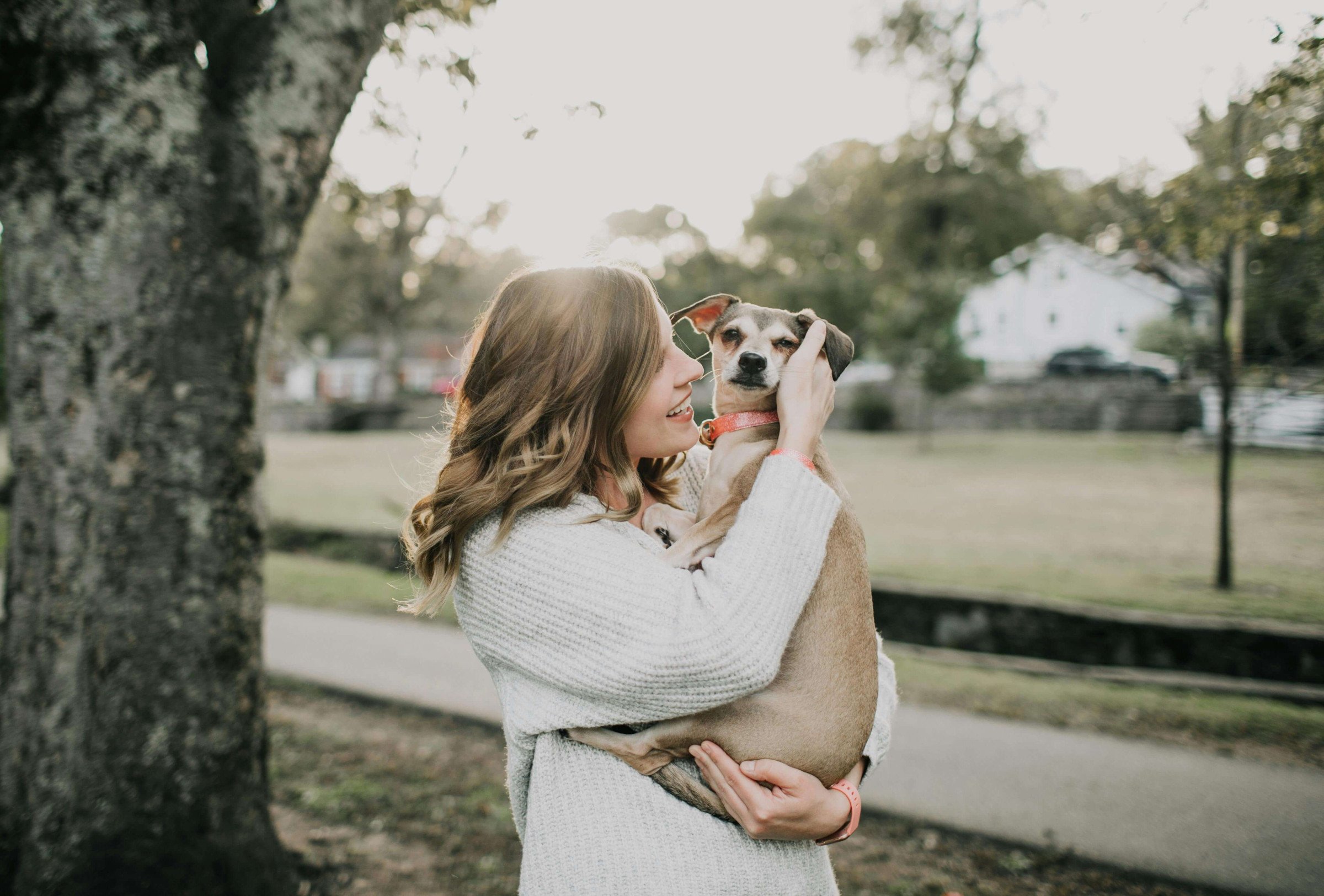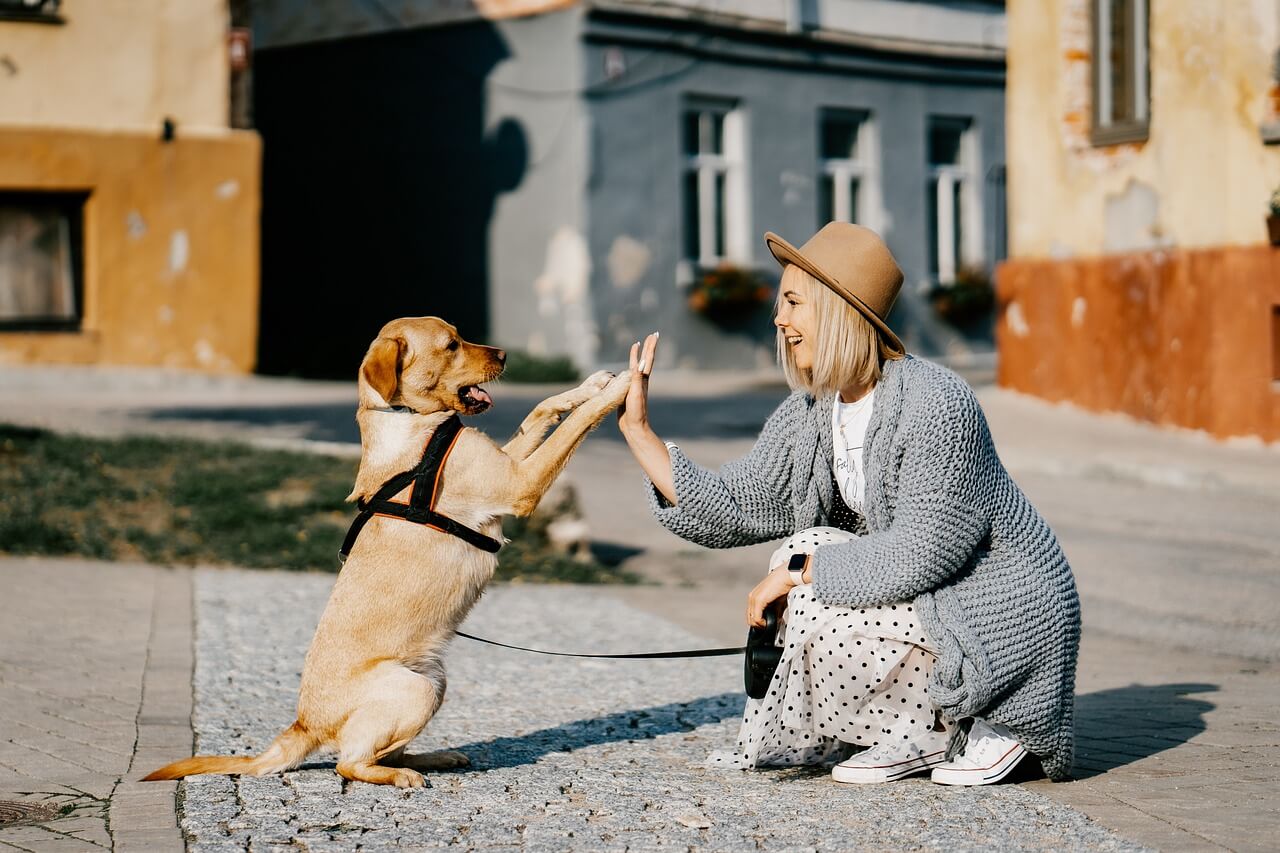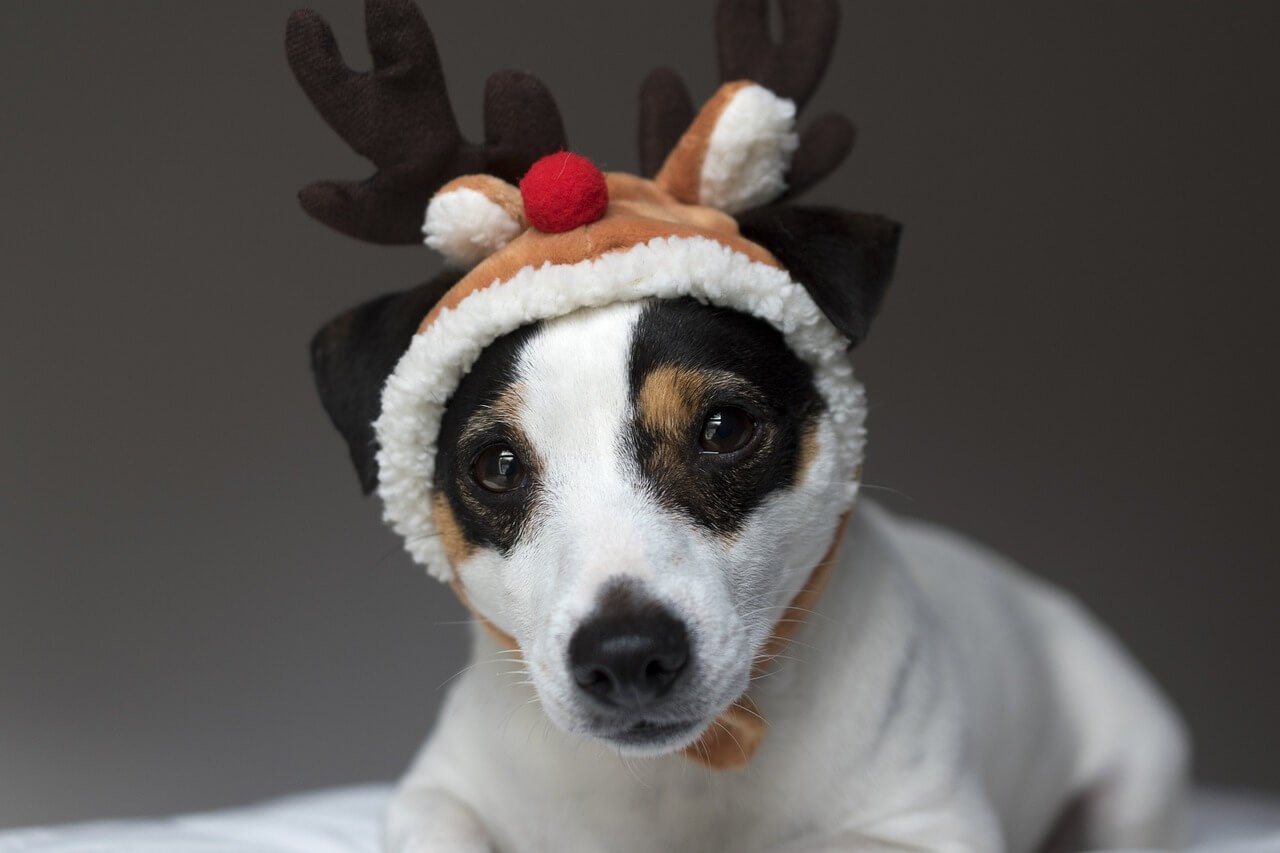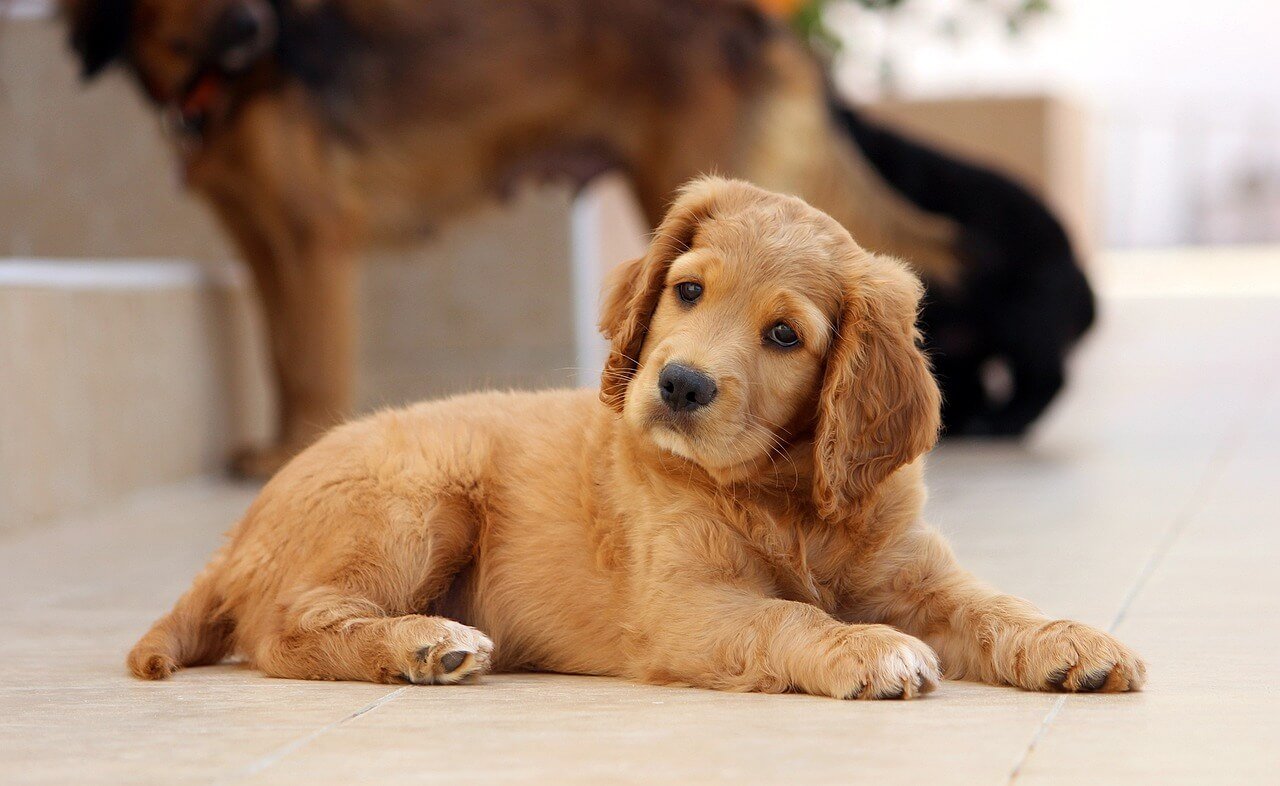The holiday season is a time of joy, filled with celebrations, family gatherings, and delicious treats that make the season special. But for our furry friends, all the excitement can sometimes feel a bit overwhelming—or even pose unexpected risks. From disrupted routines to tempting foods left unattended, this time of year requires pet owners to be extra mindful about protecting their pets’ health and well-being.
Whether you're focused on keeping your dog's diet on track or supporting an older dog’s changing nutritional needs, every pet deserves care tailored to their life stage and lifestyle. In this guide, we’ll share practical tips to help your four-legged family member stay at a healthy weight, meet their unique nutritional needs, and enjoy the holiday season alongside you—with wagging tails and plenty of happy moments.
Understanding Holiday Risks for Pets
The holiday season can bring hidden hazards for your pet. Many dogs and cats face risks from unsafe foods, decorations, and changes in their routine. Here’s how to safeguard your pet’s overall health.
Foods to Avoid for Your Pet’s Health
Holiday meals are packed with tempting dishes, but some of them can be dangerous for pets. Foods like chocolate, grapes, raisins, and onions are toxic to dogs and cats—even a small nibble can lead to serious health issues like kidney failure or pancreatitis. Plus, if your pet has food allergies, holiday snacks can trigger reactions, so it’s essential to consult your vet about their dietary needs.
Rather than sharing table scraps, treat your furry friend to nutrient-packed snacks that boost their immune system and support bone development. These healthy options will keep them safe and help maintain their ideal body condition score, letting them enjoy the holidays without risk.
Decorations and Potential Hazards
Shiny holiday decorations can be irresistible to pets but pose hidden dangers. Tinsel, ribbons, and small ornaments might look like fun toys but can cause choking or intestinal blockages if swallowed. If your pet does ingest these items, they may need immediate veterinary care.
To avoid mishaps, place decorations out of reach and take steps to pet-proof your home. Simple precautions can prevent accidents and keep the holidays stress-free for everyone.
Stress and Routine Disruptions
For pets, holiday gatherings can mean extra noise, unfamiliar faces, and disruptions to their daily routine. This can lead to stress, changes in behavior, or even health issues. To help your pet stay calm, set up a cozy retreat where they can relax away from the hustle and bustle.
Maintaining a consistent feeding and exercise schedule can also go a long way in keeping your pet happy and healthy. When life gets busy, sticking to their routine provides stability and reduces stress, ensuring your pet enjoys the holiday season as much as you do.
Diet Tips for Your Dog's Diet During the Holiday Season
Providing your pet with proper nutrition and sticking to a consistent feeding schedule is key to ensuring their long-term health and happiness. Below are simple, actionable tips to help you maintain a balanced diet for your furry friend, along with tools to support their weight management and nutritional needs.
Stick to a Feeding Schedule: Pets thrive on routine. Ensure daily meals are served on time, as disruptions can impact your dog’s health and digestion. Using a feeding guide from a board-certified veterinary nutritionist can help determine how much food your pet needs based on their body composition.
Choose Pet-Friendly Treats: Skip human food and opt for treats that meet the Association of American Feed Control Officials (AAFCO) standards for complete and balanced nutrition. High-protein or raw diets may be suitable for certain breeds, but consult your veterinarian before introducing new foods.
Dog Bowls for Portion Control: Using the right dog bowl can help maintain your pet’s ideal weight. A slow feeder is perfect for dogs that eat quickly, helping them manage their daily intake. If you’re introducing a new diet, a properly sized bowl ensures portion accuracy to support weight management.
Hydration and the Outdoor Dog Water Bottle: Hydration is critical for good health, especially for active dogs. An outdoor dog water bottle is a convenient way to provide fresh water during holiday hikes or outings. This simple tool prevents dehydration and helps maintain your dog’s overall health.
2 in 1 Portable Outdoor Dog Water Bottle

$15.80 USD
Stay hydrated wherever you go with this convenient water bottle for your furry friend! Safe Material: Made from environmentally friendly materials, this water bottle is safe and non-toxic, ensuring the health and well-being of your pet. Dual-Purpose Design: With its versatile design,… read more
Choosing the Right Dog Food
Selecting the perfect food for your dog doesn’t have to be a daunting task. Start by considering their age, breed, size, and any specific health needs. Puppies, adult dogs, and senior dogs all have different nutritional requirements, so finding food tailored to their life stage is key. Always look for products that meet AAFCO standards and offer a well-balanced nutrient profile. Don’t forget to consult your veterinarian—they can guide you toward the best options for your dog’s unique needs, ensuring they get all the nutrients required for a healthy, happy life.
Exercise Tips to Keep Pets Active
The holiday season can be hectic, but keeping your pet active is essential for their physical and mental well-being. Regular exercise helps burn off extra energy, prevents weight gain, and reduces stress—all of which are important during the busy holiday months.
Stick to Their Usual Routine: Pets thrive on consistency, so try to maintain their regular exercise schedule. If your dog is used to a daily walk, don't skip it, even if you're busy with holiday prep. For cats, dedicate time to interactive play each day. A few minutes of chasing a toy mouse or laser pointer can make a big difference.
Christmas Dog Interactive Toy: Fun and Mental Stimulation, Interactive toys are a fantastic way to keep your dog both physically active and mentally engaged. A Christmas dog interactive toy—such as a puzzle feeder or treat-dispensing ball with a festive design—can add some holiday cheer to playtime. These toys challenge your dog to solve problems to earn their reward, making them ideal for indoor exercise during colder months.
Mini Christmas Tree Squeaky Interactive Chew Plush Dog Toy

$9.50 USD
This Mini Christmas Tree-shaped toy features colorful ornaments, golden embroidery, and a built-in squeaker for hours of interactive fun. Dogs of all ages will swoon over this cozy, pet-friendly toy - the ultimate union of chew-worthy fun and snuggle buddies.… read more
Introduce these toys during holiday gatherings to keep your dog entertained and out of mischief. They're especially helpful if you're busy with guests and need to keep your dog occupied.
Holiday-Themed Play: Make exercise more fun by incorporating the holiday spirit! Use holiday-themed toys, like plush reindeer or jingle-ball cat toys, to engage your pet. For dogs, you can create a festive scavenger hunt by hiding treats around the house or yard. Just be sure to use safe, pet-approved treats.
Christmas Chew Plush Dog Toy: A Festive Way to Stay Active, For dogs that love to chew, a Christmas chew plush dog toy can provide hours of fun and exercise. These toys, often shaped like Santa, snowmen, or holiday ornaments, not only keep your dog entertained but also promote dental health by reducing plaque buildup.
Chew toys are perfect for playtime when outdoor activities aren't an option. Toss the toy for a quick game of fetch, or let your dog enjoy chewing while you relax. Just make sure the toy is durable enough for your dog's chewing habits and free of small parts that could be swallowed.
Social Interaction
If your pet enjoys being around others, the holidays are a great time to arrange playdates with other pets or supervised interaction with family members. However, watch for signs of overstimulation or stress. Some pets may prefer quiet, one-on-one time with you over large gatherings.
Creating a Pet-Friendly Holiday Environment
The holiday season often means changes to your home—decorations, guests, and new routines. While these can be exciting for humans, they can sometimes be overwhelming or even dangerous for pets. Creating a safe and welcoming environment ensures your furry friends enjoy the holidays just as much as you do.
Set Up a Safe Space
Holiday gatherings can be noisy and chaotic, which might stress out your pet. Designate a quiet, cozy area where they can retreat when they need a break. This could be a spare bedroom, a corner with their dog bed and toys, or even a crate with their favorite blanket. Make sure this space is off-limits to guests and away from loud music or commotion.
Festive Classic Tartan Cozy Dog Anti-Anxiety Calming Bed

$58.51 USD
$69.66 USD
Ergonomic Foam Support Surrounded by a supportive foam structure, this bed offers critical neck support for your pet, ensuring their posture is cared for while they rest and relax. Soft Plush Lining We've lined the inside with a super soft… read more
Pet-Proof Your Decorations
Decorations can be a source of fascination—and potential danger—for pets. Keep the following tips in mind:
Christmas trees: Secure your tree to prevent it from tipping over if your pet bumps or climbs it. Avoid hanging fragile ornaments or tinsel at pet-level, as these can be choking hazards.
Lights and cords: Tape down or hide electrical cords to prevent chewing. Use battery-powered candles instead of real ones to eliminate the risk of burns or fires.
Holiday plants: Keep toxic plants like poinsettias, mistletoe, and holly out of reach. Opt for artificial versions if you're worried about your pet's safety.
Manage Guest Interactions
If you're hosting a holiday gathering, set boundaries to ensure your pet feels comfortable:
Let guests know your pet's rules, such as no feeding table scraps or opening doors to outside areas.
Watch for signs that your pet may be overwhelmed, such as hiding, excessive barking, or pacing. If needed, guide them to their safe space.
For pets that love socializing, supervise their interactions with guests to prevent accidental stress or harm.
Reduce Stress Triggers
Changes in routine can make pets anxious. Stick to their usual schedule for feeding, walks, and playtime as much as possible. If your pet is particularly anxious, consider calming aids like pheromone sprays, calming chews, or consulting your veterinarian for advice.
Watching Health Issues
Even with all the precautions in place, the holiday season can sometimes bring unexpected health concerns for your pet. Being vigilant and proactive about their well-being can help you catch potential problems early and ensure your furry friend stays in great shape.
Know the Signs of Stress or Illness
Pets often show subtle signs when something isn't right. During the holidays, watch for:
Changes in behavior: Excessive hiding, clinginess, or aggression could indicate stress or discomfort.
Appetite changes: Skipping meals or overeating may signal digestive issues or anxiety.
Digestive symptoms: Vomiting, diarrhea, or constipation should never be ignored.
Lethargy: A noticeable drop in energy might mean your pet isn't feeling well.
If you notice anything unusual, don't hesitate to consult your veterinarian.
Be Prepared for Emergencies
Emergencies can happen at the most inconvenient times, especially during the holidays when many vet clinics have limited hours. Prepare in advance by:
Keeping your regular vet's contact information easily accessible.
Identifying a nearby 24/7 emergency clinic and saving their details in your phone.
Familiarizing yourself with common symptoms that require immediate attention, such as difficulty breathing, seizures, or bloating.
Consider a Pre-Holiday Vet Check-Up
A quick visit to the vet before the holidays can provide peace of mind. Your vet can ensure your pet is in good health, up-to-date on vaccinations, and equipped to handle any travel or exposure to other animals.
Monitor Their Environment
Accidental exposure to harmful substances can happen quickly. Stay vigilant about potential hazards, such as:
Ingesting harmful foods or plants: If your pet sneaks a bite of chocolate or holiday leftovers, contact your vet immediately.
Chewing on decorations or cords: Swallowed foreign objects or electrical burns can require emergency care.
Cold-weather dangers: Frostbite or hypothermia is a risk for pets exposed to icy conditions for too long.
Conclusion
By focusing on your pet’s balanced diet, maintaining their daily routine, and providing safe exercise options, you’ll help them enjoy a healthy, happy holiday season. A little extra attention to their nutritional needs and overall well-being ensures your furry friend stays at their ideal weight and thrives during the festivities.
Happy Holidays to you and your pet!


